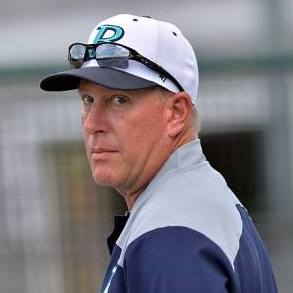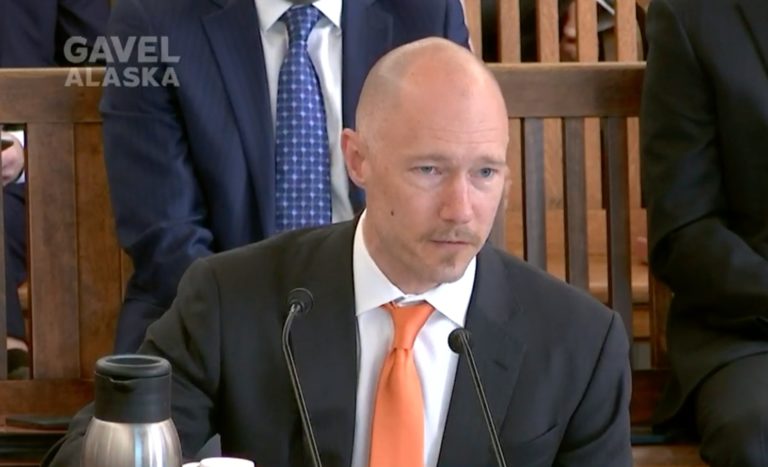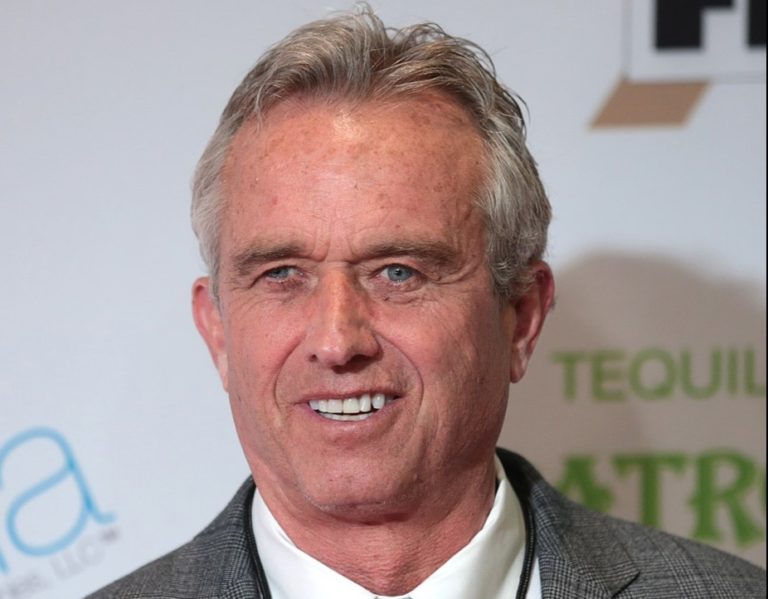By HANS RODVIK
What do Lao Tzu, Jesus Christ, Abraham Lincoln, Martin Luther King, Jr., Gandhi, Nelson Mandela, Mother Theresa, Starbucks, Southwest Airlines, and Nordstrom all have in common? Each of these powerful leaders and brands adhere to the leadership model of servant leadership.
Robert K. Greenleaf’s 1970 essay “The Servant as Leader,” put servant leadership into a cohesive and defined model that revolutionized the conventional power structure of leadership.
According to the Servant Leadership Institute, a leader who embraces the core tenants of servant leadership is a leader with a hyper focused mission to serve those around them through collaboration, trust, empathy, and the ethical use of power. Larry C. Spears summarized Greenleaf’s writings, and produced a list of 10 characteristics practiced by servant leaders. They are: listening, empathy, healing, awareness, persuasion, conceptualization, foresight, stewardship, commitment to the growth of people, and building community.
SL is an approach to leadership that should mesh well with work in the public sector. The fundamental job of public office holders and those who work in government is to advance the needs of those they serve. To do this politicians must listen to their constituents, empathize with their problems, present bold ideas to unify their community, be forward thinkers, be good stewards of public resources, fight for their constituents and staff to succeed, and work toward a brighter future that advances all people.
We are facing a systematic weakening of trust and support for America’s political institutions: congress, the federal executive branch, and even the US Supreme Court all face record low approval ratings. What is causing this decline? Is it polarization, the influence of 24/7 news, social media echo chambers, or the increase in apathy and narcissism stemming from our affluent culture?
These factors certainly play a part, but I would argue that a key element to the state of our current political system is a lack of education about servant leadership. It is the lack of elevation of individuals to public office who practice the 10 characteristics defined by Spears.
The need for servant leaders in government, and elected office is paramount in America today. Cases of public corruption, fraud, and enrichment at the expense of taxpayers occur ad nauseam around our country. In Alaska, we’ve seen our fair share of misgivings on the part of those entrusted to serve us: here, here, here, and even in Anchorage in recent years.
These so called “leaders” are not the servant-leaders described by Greenleaf, who wrote that servant leaders possess a “natural feeling that one wants to serve, to serve first. Then conscious choice brings one to aspire to lead.” In contrast, an unwise leader is one who according to Greenleaf, clamors for positions of influence to “assuage an unusual power drive or to acquire material possessions.” These unwise “leaders” undermine the trust citizens have in our republican form of government.
Without servant leadership, we will further become a nation governed by grifters set on accumulating power and wealth for themselves. Instead of leaders playing an infinite game, in which our society slowly makes improvements for the benefit of all, we’ll remain trapped in a cycle of short term crises that only benefit those in power. Efforts like Sen. Josh Hawley’s proposed ban on stock trading by Congress is one example of a policy underpinned by SL principles.
Elected officials and government agencies who provide public services require armies of staff to carry out their missions and assist the public. Servant leaders who listen, inspire, develop, and establish trust with their staff will help their employees serve the public at the highest level possible. When servant leaders model the right behaviors to employees in their care, they will breed a work culture that is high performing, mission driven, and customer focused.
The benefits of servant leadership are not just theoretical. Organizations that embrace servant leadershipexperience higher employee moral, less turnover, higher profits, greater trust in leadership, and more productive workers. TDIndustries, a 100% employee owned company that emphatically embraces servant leadership, for example, has earned a spot on Fortune Magazine’s 100 Best Companies to Work For 21 years in a row, continues to increase profits, and is loved by both its customers and employees.
Shouldn’t our elected officials and public agencies be striving to achieve similar results?
When those at the top of organizations demonstrate the power of servant leadership to those around them, it becomes contagious within an organization. Take the United States Army for example, where one of the primary functions of officers is to meet the needs of enlisted men and women.
The concept of servant leadership is woven into the fabric of the Army, and the Warrior Ethos to never leave a fallen comrade. Elected officials and those in government would be wise to follow the Army’s lead when it comes to crafting legislation or policies. The question politicians should ask is, “How will this law, regulation, or action benefit all members of society, and not just those in power?”
Government officials and office holders who embrace the proven model of servant leadership can help steer our society in a different and more enlightened direction. A direction to ensure the citizens of our great nation are served as individuals, and become healthier, wiser, freer, more autonomous and more likely themselves to become servant leaders.
Servant leadership can help provide the foundation for a rebirth of the American dream. You and I can do our part to assist in this rebirth by voting for candidates at the local, state, and federal level who have demonstrated track records as servant leaders. Additionally, we can hold our leaders accountable by measuring their actions and words against the standards of servant leadership. And let us challenge ourselves to serve boldly and authentically, whatever our station in life, to improve the lives of those we are fortunate enough to care for.
A lifelong Alaskan and servant leader in training, Hans Rodvik, has worked for elected officials in Alaska at the state and local level for most of his career. He has a BA in Political Science from the University of Alaska Anchorage and recently took a course titled Servant Leadership, conducted through Gonzaga University’s School for Leadership Studies. This piece serves as his capstone project for the course.









